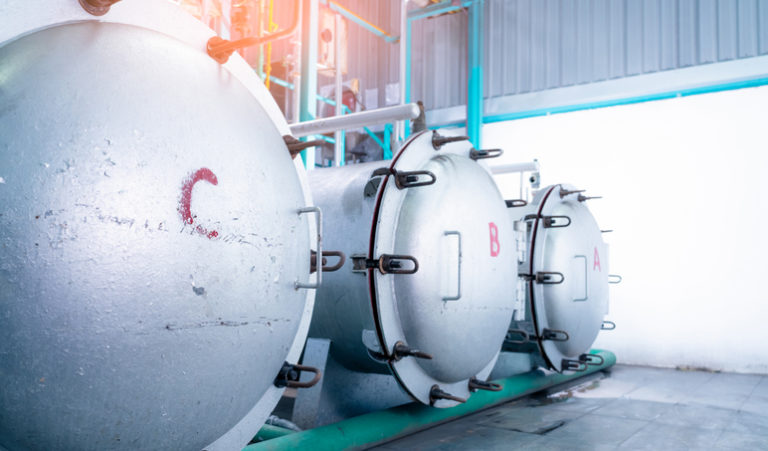
HPP is a non-thermal food preservation technique that kills microorganisms that can cause diseases or spoil food. It uses intense pressure for a certain time and has minimal effects on taste, texture, appearance, or nutritional values.
HPP can be used at different steps of the food chain, usually on pre-packed products. It can be applied to raw materials such as milk, fruit juices, and smoothies but also to products that have already been processed, such as sliced cooked meat products and RTE meals. In the latter case, it reduces the contamination originating from the manufacturing environment, for example during slicing and manipulation of the products.
In principle, almost all types of food can be subjected to HPP. However, aerated foods that have air bubbles entrapped such as bread, cakes, whole and fresh-cut fruits and vegetables are not suitable for HPP because their porous structure will be negatively impacted or dissipated.
Low moisture foods such as powdered products and dried fruits are not subjected to HPP due to the low microbial inactivation by HPP in foods with moisture below 40%.
Clean label credentials
Interest has been growing in the technique as it taps into consumer demand for products without additives. HPP is not specifically regulated at EU level, however.
EFSA experts therefore assessed the safety and efficacy of HPP of food and, more specifically, whether it can be used to control Listeria monocytogenes in RTE foods and as an alternative to thermal pasteurisation of raw milk.
The ESFA assessment concluded the HPP processing method reduces levels of Listeria monocytogenes in RTE meat products, at specific time-pressure combinations. The EFSA’s advice, which will inform the possible decisions of risk managers in this field, concluded “HPP of food is effective at destroying harmful microorganisms and poses no more food safety concerns than other treatments.”
In general, the longer the duration and intensity of the pressure, the more reduction is achieved, it found. This is an important finding because L. monocytogenes contamination of RTE foods is a public health concern in the EU. HPP also proved to be effective at decreasing the levels of other pathogens, such as Salmonella and E. coli.
HPP application for dairy products put into question
The EFSA noted there is an increasing demand to allow HPP as an alternative treatment to pasteurisation in dairy because it is expected to keep the properties closer to those of raw milk and colostrum.
The experts found HPP, however, was not as good at killing microorganisms as thermal pasteurisation. That’s because alkaline phosphatase, the milk enzyme widely used to verify thermal pasteurisation of cows’ milk, is relatively pressure resistant and use of HPP would be limited to being an over processing indicator.
But they added that, depending on the pathogen considered, different HPP pressure and time combinations could be used to have the same effect as thermal pasteurisation.
The experts also said that further research is required on HPP inactivation of Listeria monocytogenes and other pathogens for RTE foods like smoked and gravad fish and soft/semi-soft cheese to help construct a predictive model to set the minimum requirements for HPP to ensure safety of these food products.